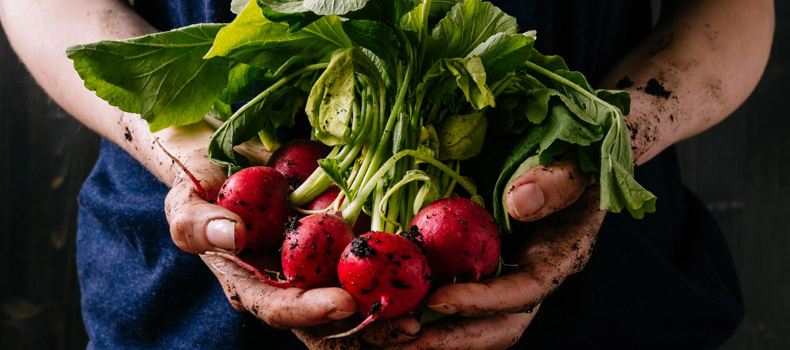Organic farming and food production is becoming more popular and more profitable year on year, and the amount of organic food sold in many countries just keeps rising. This is partially a result of concern for the safety of common pesticides and the desire to encourage kinder, more environmentally friendly food production techniques. But is this really the best way to do it?
As trendy (and tasty) as organic food can be, it isn’t always better for your health or even more environmentally sustainable. It is a case of considering each purchase and the origin of each food separately.
However, we can give you a few general guidelines on the real benefits and even a few negatives about eating organic.
The advantages of real organic food
- Most definitions of ‘organic’ preclude the use of genetically modified crops or animals. Whilst there is no clear evidence that GM crops are harmful in themselves, many people prefer to avoid them on principle.
- Organic farming techniques also tend to be much less cruel to the animals themselves. Good organic farming techniques see the animals eating a more natural diet and living in more natural conditions – especially if it is also ‘free range’.
- Organic food production is generally more sustainable and gentler to the environment. In fact, organic farms tend to harbour a greater diversity of plant and animal species.
- Organic foods can be expected to have lower levels of pesticides and pesticide residues. As there is growing concern about commercial pesticides’ role in causing cancer in humans, this is more important than ever. However, we’d be remiss if we didn’t mention that as much as 70% of non-organic crops also show zero pesticide residue. Still, better safe than sorry!
- Organic food generally does not contain preservatives. In fact, there are very few chemicals you can use and still call foods organic. Many people are allergic to these preservatives, and some studies link them to cancer as well.
- Organic foods tend to be presented in an unprocessed or minimally processed state. Therefore they have dramatically lower levels of hydrogenated fats. Hydrogenated fats have been linked to heart disease and other health problems, so they should really be avoided.
The problems with organic food
- Foods can be produced ‘organically’ and still use a small assortment of artificial chemicals. Most organic food production does use chemicals, in some small way. If you are sensitive to these chemicals, going organic won’t necessarily protect you.
- Organic foods are generally more expensive than the non-organic alternative.
- Organic foods contain few preservatives, which we mentioned as a positive. However, preservatives do have an important role – they cause foods to spoil more slowly. Organic foods may spoil faster, and that contributes to food waste (as well as making it even more expensive on a practical level).
All that untidy, inconclusive evidence
Surprisingly to some, several large and well-respected public bodies (including the Swedish National Food Administration, the French Food Safety Agency and the UK Food Standards Agency) assure us that organic food is not safer or more nutritious than non-organic food, in any measurable way.
In the same way, we tend to assume that eating organic foods must be healthier than eating non-organic foods. Well, again we see large public bodies reporting that there is just no scientific consensus that this is the case. That means there may be no health benefits at all.
Now, that does not mean it isn’t tastier, more environmentally friendly and more responsible in other ways, but we can’t really say that organic food is definitely better for us.

